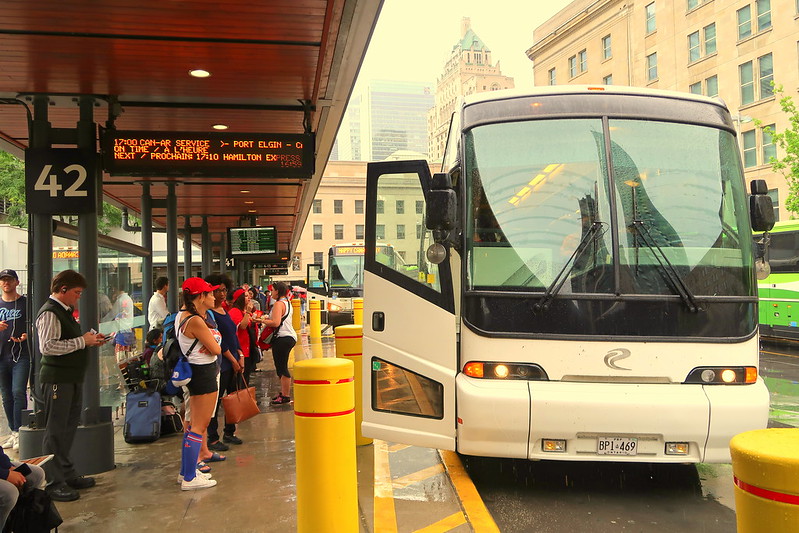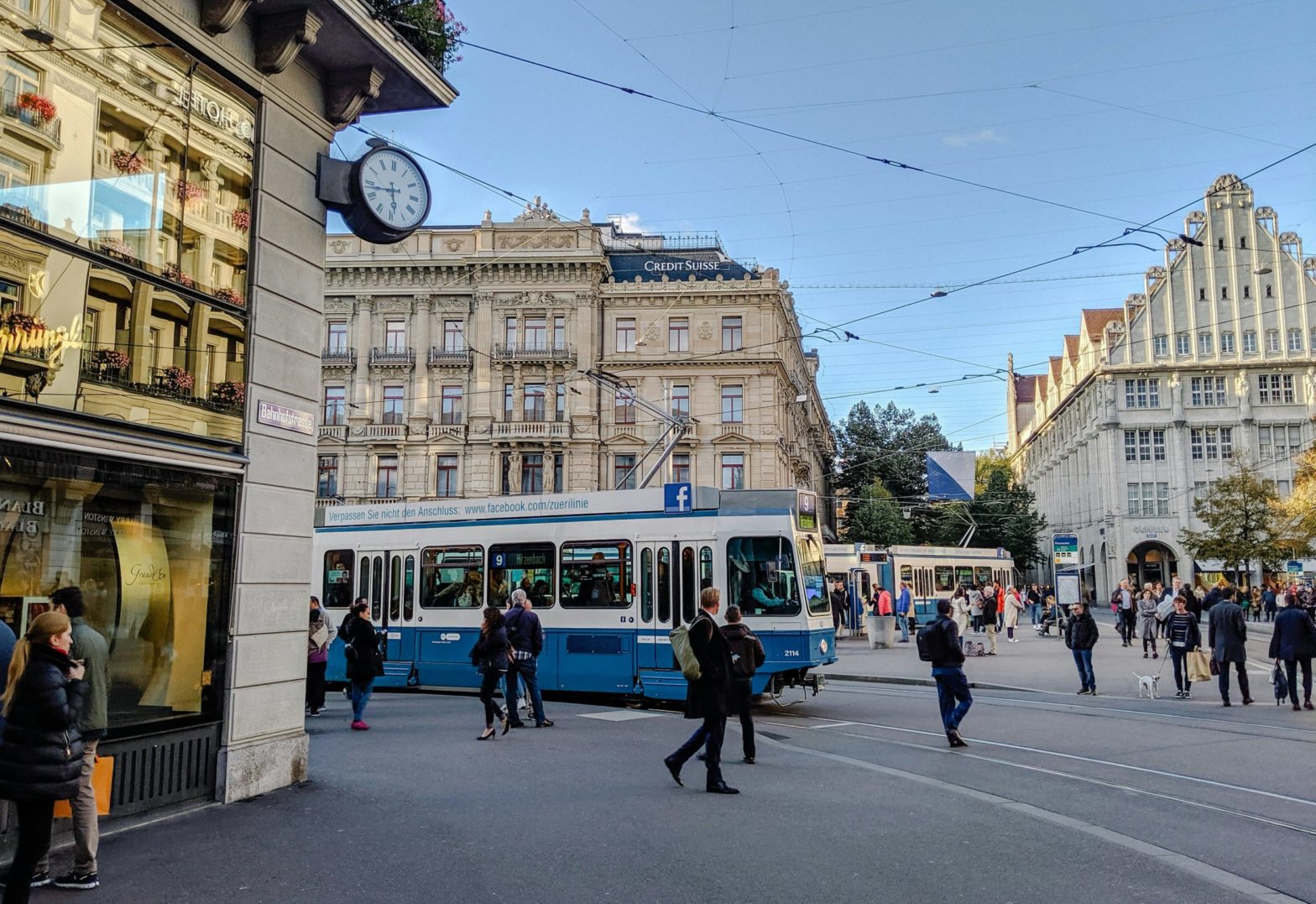
Photo: 35295246910_afe81925fd_c
Toronto approves transit resilience and congestion action plan
03 December 2020
by Christopher Carey
Toronto City Council has approved plans to manage congestion and create a more resilient and safer transportation system.
The MoveTo plan proposes five key measures that will help make the city’s transportation system more resilient in response to the effects of COVID-19 on Toronto’s overall transportation network.
Toronto Mayor, John Tory, said: “This plan delivers smart, common-sense approaches that will help pedestrians, cyclists, transit riders and drivers get around our city.
“I have urged city staff to have the technology in place as quickly as possible to make sure we have a more modern and safer transportation system as soon as possible that responds and adapts to traffic in real time.”
The five proposed actions set to launch next year include:
- Smart traffic signals – automatically adjusted signal timing based on actual traffic demand. Staff are proposing 500 locations over the next five years.
- Intelligent intersections – to help improve safety at intersections for pedestrians and cyclists. 100 locations are proposed over the next two years.
- Advanced Transit Signal Priority (ATSP) – detects buses running behind schedule and extends green times when necessary. There are currently 400 locations with Transit Signal Priority in the city and staff are proposing to accelerate the implementation of ATSP on 100 more priority locations over the next two years with a focus on key corridors across the city.
- Construction Hub Pilot Programme expansion – to help manage traffic and reduce congestion caused by construction around work zones, improve communication with the local community, and keep people safe. An expansion of the pilot is proposed and will include three new locations: Lakeshore Hub, Downtown Hub and East Harbour. The next step is a focus on working with developers to do more to reduce the amount of time the right-of-way is closed due to construction.
- Transportation Demand Management Strategy – a set of measures to help avoid congestion at specific times and locations, and on certain modes of transportation. Staff propose building on the existing Smart Commute programme with local employers to provide additional supports for commuters, while developing strategies to address more localised instances of congestion.
Temporary pick-up zones
The city has also reopened registration for its CurbTO programme, which provides temporary parking pick-up zones to support quick food, medicine and merchandise collections. The scheme allows residents and couriers to park free for up to 10 minutes close to a business offering kerbside or delivery services.
The programme was initially started in April, and at its peak in early summer supported more than 200 locations – 56 of which are still active.
Blue signs are put in place to identify the temporary locations and city staff are working with Toronto Police to ensure that the designated parking locations are used appropriately.
Toronto entered a second city-wide lockdown on 23 November following a steep rise in COVID-19 cases, with all non essential businesses shut and residents instructed to stay at home for four weeks.











